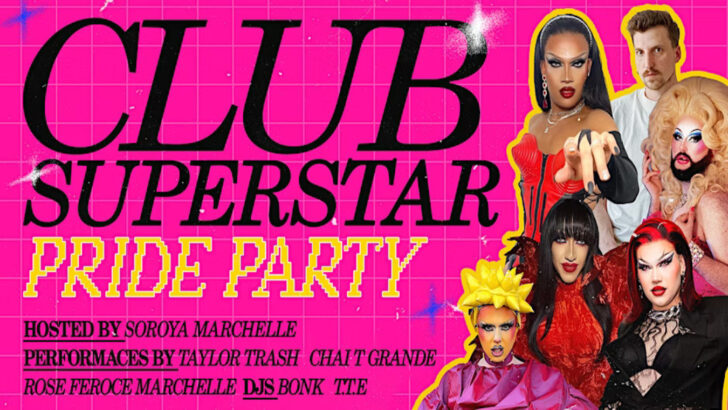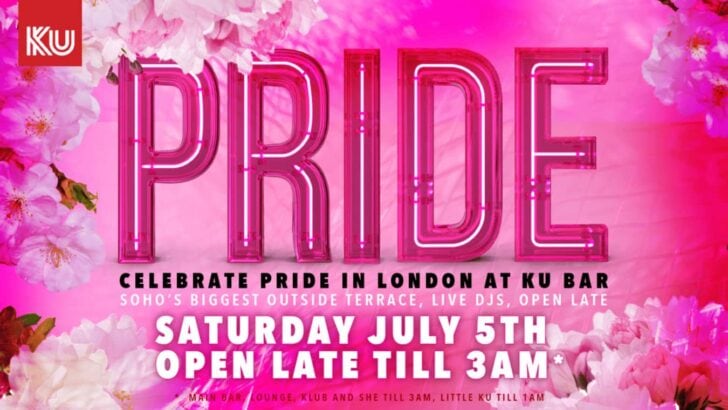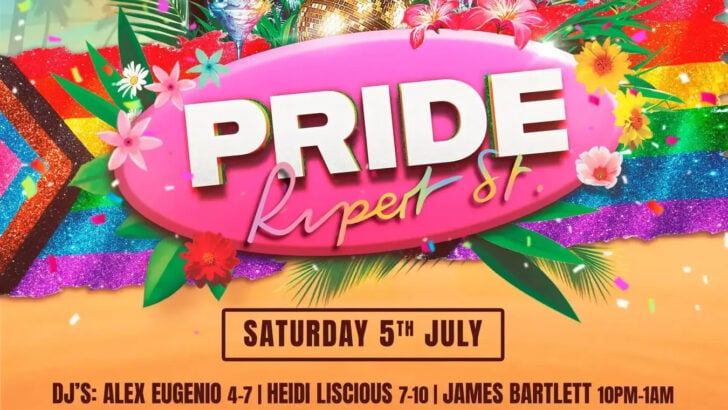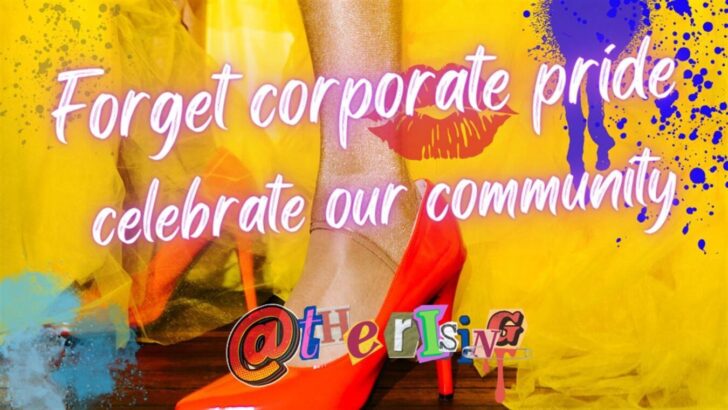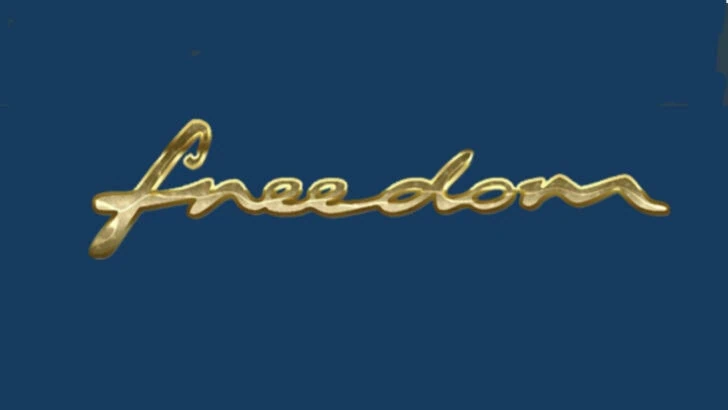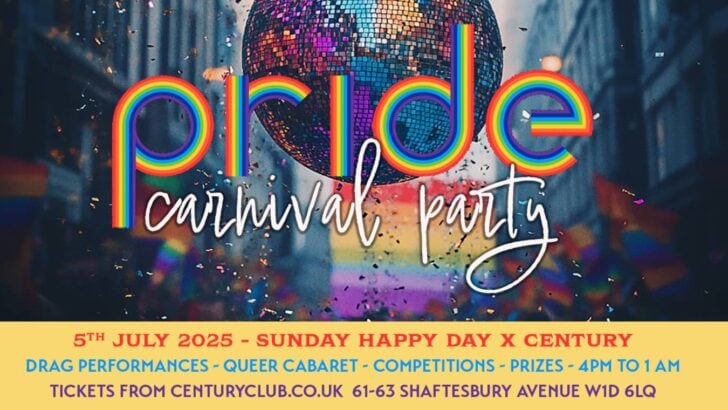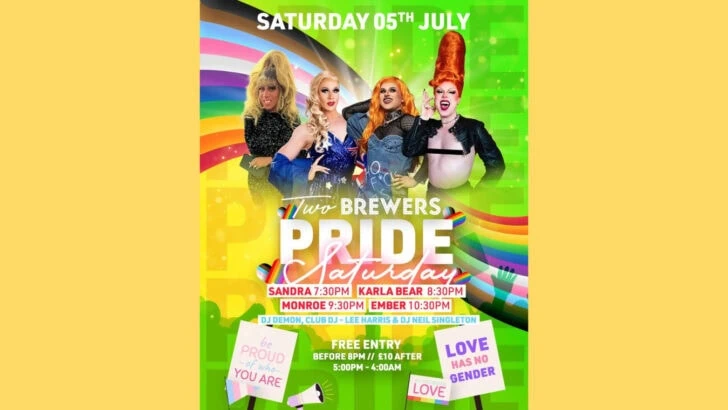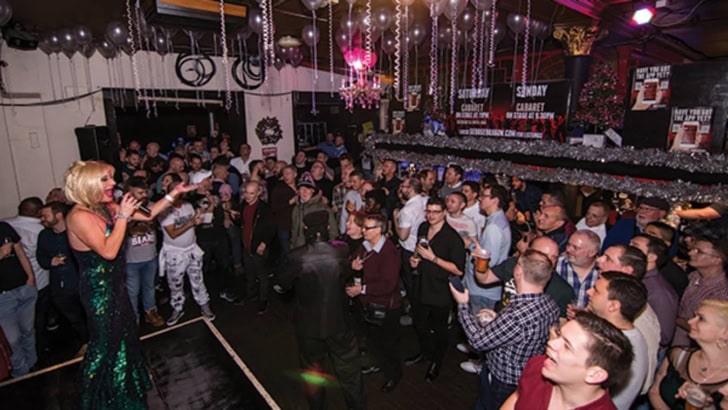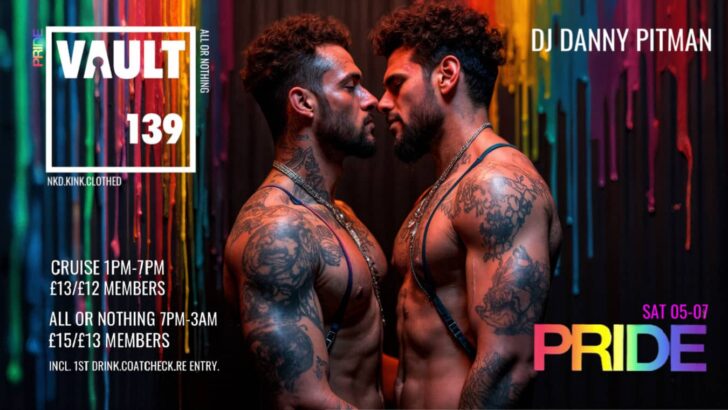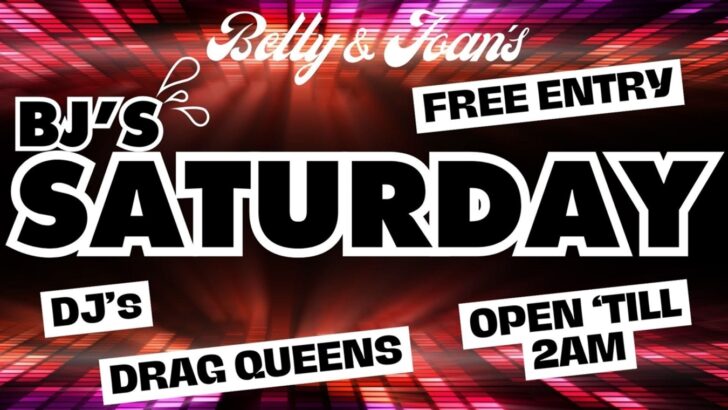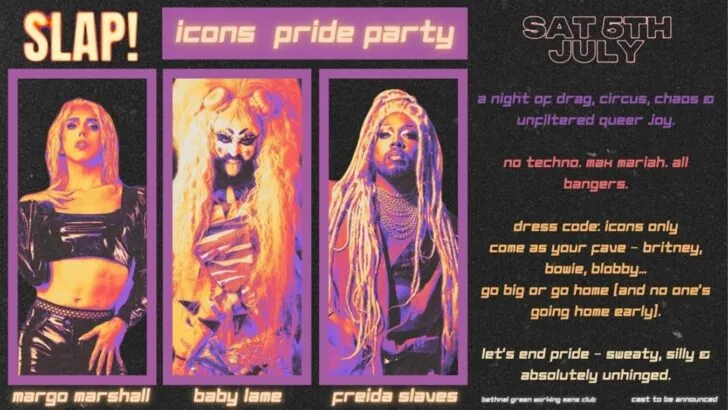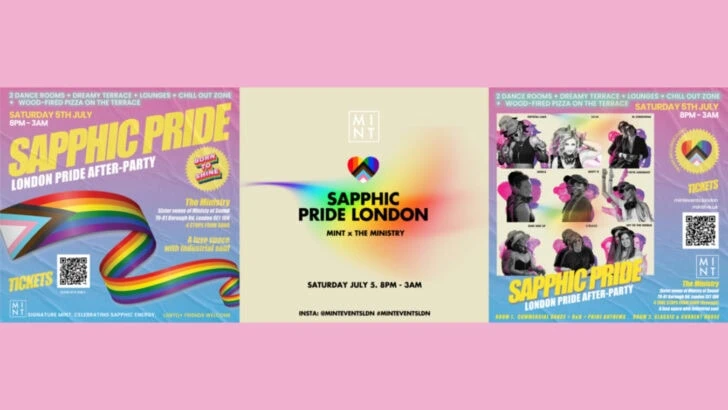Gay venues have long been hailed as safe spaces for the community – and rightly so. But not everyone is benefitting from the sanctuary they offer. Chris Godfrey speaks to LGBT asylum seekers about their positive and negative experiences in the capital’s gay bars.
The gay scene where I was born in Pakistan is very terrifying,” says Maajid*, who came to the UK after being disowned by his family. “If you were having sex with someone and they caught you it’s 200 lashes. I was never attracted to girls and it was very hard to hide my feelings living in Pakistani culture and society.”
If Maajid thought his arrival in the UK would liberate him from homophobic persecution he was mistaken. While awaiting the outcome of his asylum claim, he lived in shared accommodation run by G4S. He was bullied and threatened with violence by other asylum seekers so regularly he was prescribed anti-depressants. His experiences echo those of many LGBT refugees – not just in the UK, but across Europe. London’s gay scene provided a much-needed safe space.
“It has been very helpful and supportive,” he says. “When I first came here we went everywhere – Late, Ku Bar, all of Soho – I was really happy. When I went for the first time to GAY bar I was just so happy. In Pakistan if you kiss someone they could kill you, but here there’s freedom. It was a good experience. I was happy that no one could stop you from kissing someone. I’m not scared about anyone.”
Paul Dillane, executive director at the UK Lesbian and Gay Immigration Group (UKLGIG), works with many LGBT refugees as their asylum claims are processed. With many of his clients hailing from some of the most aggressively anti-gay regions, he has witnessed the positive impact London’s gay community can have.
“The scene can be a life changing place for LGBT people who come to the UK from countries like Iran, Uganda and Pakistan,” he says. “To see LGBT people in the UK having the freedom to lead their lives as they wish and in safety, to gather together without fear of being raided and arrested and to openly display their affection, is often a profound experience for the LGBT asylum seekers we work with.”
But while London’s gay scene can be an empowering place for some LGBT asylum seekers, for others its just another arena loaded with discrimination.
“London is an extremely diverse city but that is not always reflected in the community,” says Dillane. “Unfortunately, many LGBT asylum seekers and refugees do not feel comfortable going to venues as they perceive they might not be welcome by some punters, whether due to the colour of their skin or their immigration status. Many…have experienced racism and outright hostility on the scene.”
Grace came to the UK over eleven years ago, arriving from Nigeria where all same-sex activity is illegal and homophobia is rife. Though she now has refugee status and has lived in the UK for over a decade, she still feels like an outsider in many venues.
“I used to feel comfortable in a lot of places but things changed,” she says. “Sometimes when you get into the clubs and you get people who are like a clique, everybody knows who they know and they only want to speak to who they know.
“If you’re new on the scene and you try to talk to someone, you would feel like you’re not in your place. You’re out of it – consciously or unconsciously you’ll be made to realise that you’re out of place. Now I do more in the BME LGBT scene, like Bootylicious and the inclusive Bar Wotever”
As well as contending with the cliquey tribalism of queer London, Grace regularly encounters prejudicial attitudes. Such is their prevalence, they’ve driven her away from venues she once loved.

Despite attitudes and incidents that have left Grace feeling isolated, London’s LGBT scene has also given her the confidence to be herself and confront her family back home.
“I actually feel stronger now and bold enough to tell them where to go to,” says Grace. “I’ve never been able to do that before. I felt comfortable enough. Before I used to feel so restricted, even in the way I would dress and in my mannerisms and my interactions. I feel more independent and empowered in one way.”
It’s a sentiment shared by Uzza Ali*, who came to the UK in 2006. When his student visa expired in 2012, he was faced with returning to Pakistan where his family intended to force him into wedding his female cousin.
“I decided to go for asylum because I didn’t have any other option,” he says. “I belong to a Muslim family and they felt that if I married a woman I would become straight. My brothers sent me threatening emails and tried to tell me what kind of disease I would get if I was to be a gay, because I’m going to the gay scene, because I’m going against the rules of God.”
In a socially conservative Pakistan, where homosexual activity is illegal and relationships are taboo, Ali’s mannerisms made him a target for abuse, particulary from his family.
“I’m very girlish and I can’t bear to do it among the family,” he says. “When I walked my brother would kick me on my toes and say ‘why do you walk like a girl’. When I talk if I use my hand he took my hand and said it’s not a way for men to talk. I always have to listen to my brothers and family, but I want to live the way I am and I want to live to be myself.”
Since arriving in the UK, Ali has eagerly explored London’s scene, going everywhere from Heaven to Disco Rani, a gay club in Ealing for the Asian community. It’s a far cry from the oppressive life he led in Pakistan and, just like Grace and Ali, has helped him to be himself.
“It gave me a power, it gave me a confidence,” say Ali, reflecting on his early trips to the scene. “I met many people on the scene; I made them my friends. I feel so safe and I can do whatever I want to do. No one can stop me. I’m very proud of myself now and a very out person.”
*Names have been changed to protect identity



